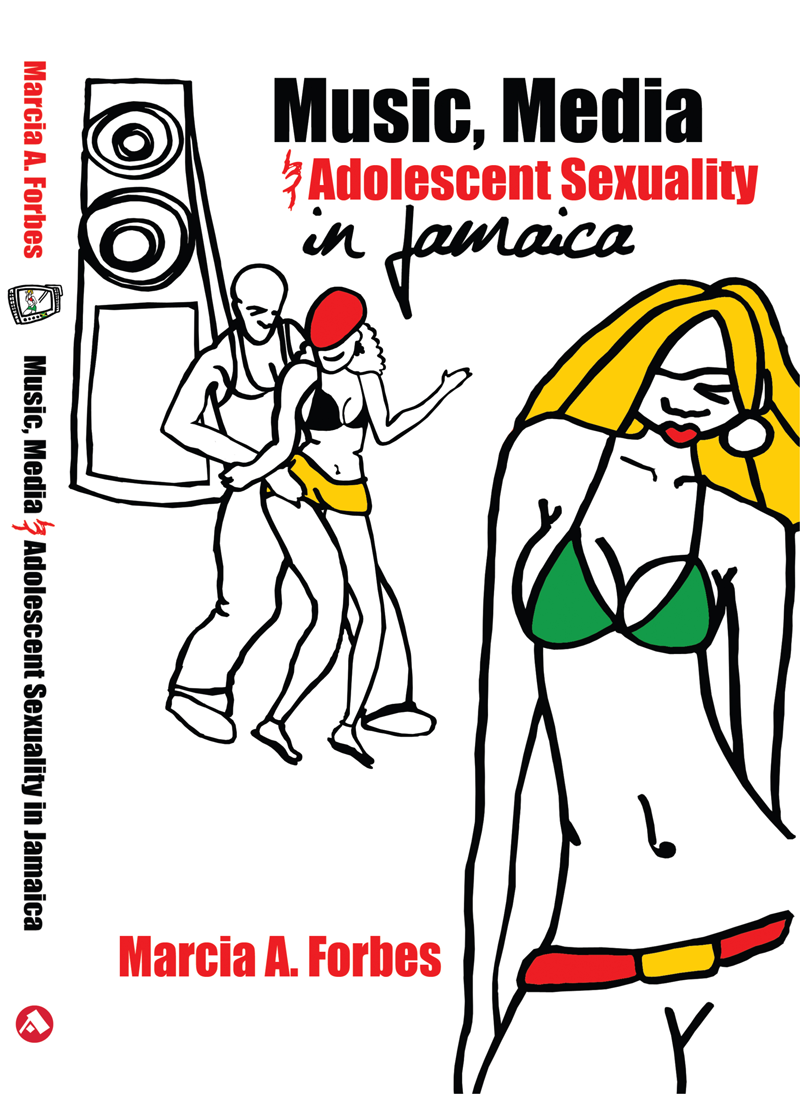Women & Politics in Jamaica
Women & Politics in Jamaica
Patriarchy in Place
The debate rages on around the world and is about to get really hot in Jamaica. Why do so few women enter politics? With women and men almost equally represented in global population statistics and in Jamaica as well, why does gender imbalance at the level of political representation continue to be such an issue? Patriarchy, the globally entrenched system of male dominance, is deeply rooted and strong. There is no evidence to suggest that it will be uprooted any time soon. While men are not about to cede political power, many want to appear more balanced and forward-thinking since based on studies, it is clear that the participation of women at all productive levels of society bodes well for the greater good.
Holness woos Women
Globally, the participation rate of women in politics at the national level is about 20 per cent. In Jamaica it is only about 13 per cent. Jamaican women want more and through women’s groups, including the Women’s Resource and Outreach Centre and Women Business Owners, with support from the Friedrich Ebert Stiftung Foundation (FES), are set to push for this. Andrew Holness, the 39 year old newly appointed Prime Minster of Jamaica, sensitive to the gender imbalance of his Jamaica Labour Party and in a bid no doubt to gain political mileage, announced that in short order women would comprise 20 per cent of his party’s political candidates for the highly anticipated impending national elections. With a slate of 63, increased from 60 as a result of newly created constituencies, Jamaica waits to hear the full list of these at least 13 women. Meanwhile, the female-headed PNP, lagging behind the JLP in this area, needs to push its percentage of female candidates. Qualified women are not hard to find.
Jamaican Women Love Politics
The history of women in politics in Jamaica is a long one going back to 1944 when JLP’s Iris Collins made a bid for a seat in St. James. Another stalwart, Madam Rose-Leon, also began her political career in the 1940s. Breaking with the JLP in 1960 she formed her own party, the Christian Democratic Party, and then later joined the People’s National Party (PNP) in 1966. Rose-Leon has the distinction of having held ministerial positions under both political parties in Jamaica. In a country with this long history of women in politics and where the Jamaica Women’s Political Caucus has existed for close to twenty years, what is it that continues to keep these naturally high performing, out-spoken women out of representational politics? After all it is well-know that women form the bulk of party workers and are frequently the ones behind the successful political career of many men. This seeming timidity has to do with how politics is played in Jamaica.
Dirty Game of Politics
It is often said that ‘politics is a dirty game’. In Jamaica this is repeatedly played out and only those with a ‘strong constitution’ can withstand the travails of this game. Rose-Leon is reported to have cried after the harsh treatment meted out to her by Bustamante in 1960 (now national hero, Sir Alexander Bustamante) but did not back down. Fast forward to 2011, Sharon Hay-Webster, based on media reports, faces a similar fate from her former party the PNP and its leader. Hay-Webster left the PNP earlier this year, sat as an independent MP for about six months before crossing the floor of Parliament to join the JLP last week. Similar to how hard it must have been for former ‘rock-stone Labourite’, Madame Rose-Leon, to abandon the JLP, it must now be hard for ‘die-in-the-wool Comrade’ Sharon to sit as a Labourite. Rose-Leon went on to excel in the PNP. Will Hay-Webster face a similar fate? No one knows. Whether she cries or not, Hay-Webster seems ready to play the political game of her life. But in eschewing garrison politics as she says she has, we hope she keeps it clean.


